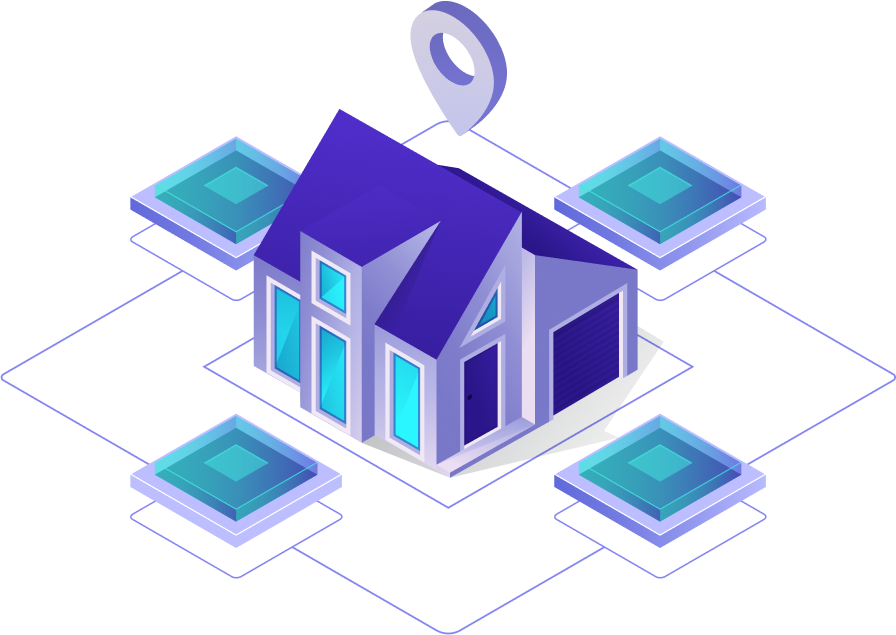Proxies for web scraping: avoid captchas and reach websites that prohibit scraping
Turn the process of gathering data safe, reach foreign web sources, and make reasonable choices about your business
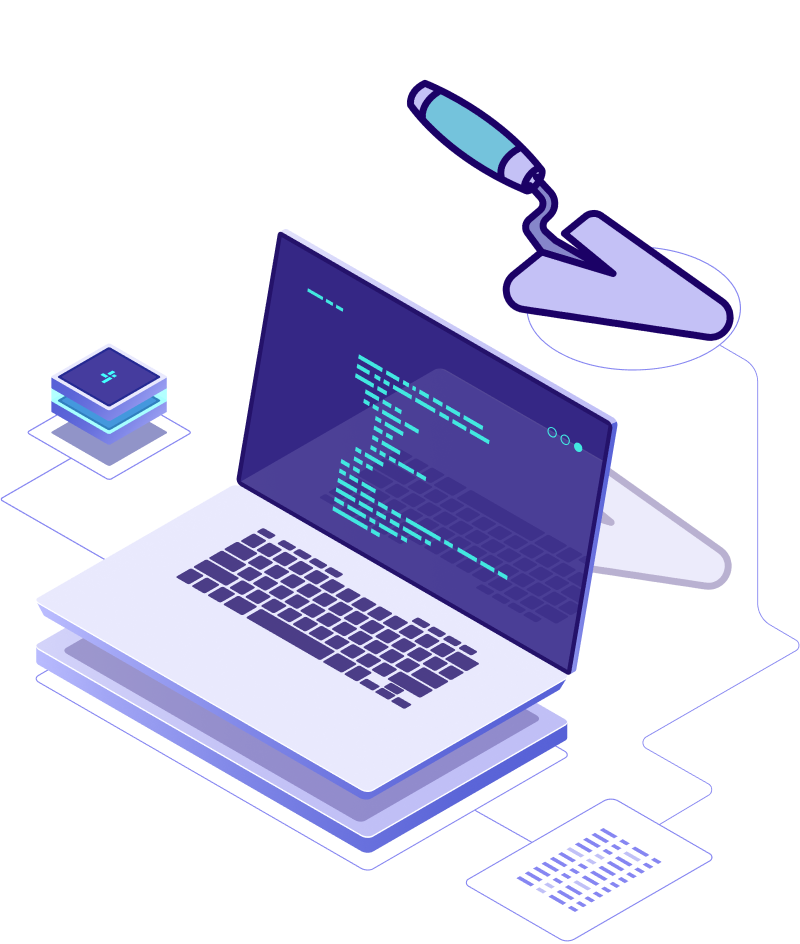
Do you need to collect a lot of data daily?
Web scraping benefits any business by allowing you to make informed decisions about your company’s future. On top of that, it is at the heart of many other activities, such as price comparison, SERP tracking, marketing research, etc. That’s why it’s important to ensure the scraping process goes smoothly, as it will help you get accurate data for further use.
Get over geo-imposed limitations with proxies
Regardless of your niche, that’s a common situation when you have to reach foreign sources and collect information here. For example, to know local trends before launching an ad campaign for your product. However, there are websites that put restrictions on what countries can visit them. If your location is blacklisted, you will never get access to the data you need.
Proxies make a huge difference as they sit between you and a source you try to visit. As a result, the target website communicates with a proxy and sees the location of that proxy. You can scrape whatever websites you need by choosing IPs from the target area without stumbling upon a “This source is impossible to reach from your location” sign.
Proxies to avoid captchas and IP blocking
Proxies help make your traffic look human-generated and avoid altering the security systems of web sites. You can set up your proxy server to use a new IP for every request. With it, websites won’t see that all the requests come from the same source. You can forget about captchas and bans and still collect all the information you need.
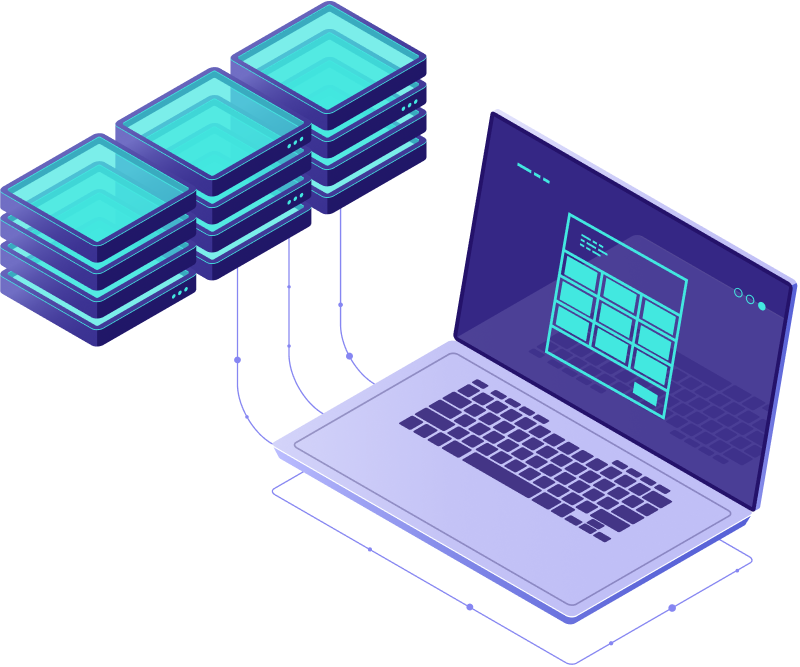
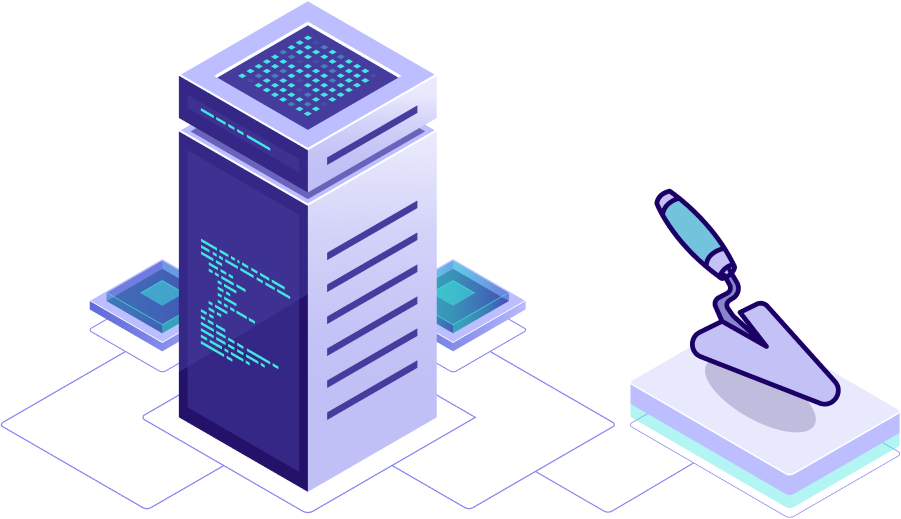
Proxies to reach websites that prohibit web scraping
By putting proxies into practice, you can make web scraping work out well even in such a situation. Covering only as little as your real IP, you keep a lot of information about yourself hidden, including your postcode, provider, and whether you are a company or a private user. It greatly helps you conceal your crawling activities from websites you visit. As a result, you have all the necessary data at hand and can make informed decisions about your business.
Protect yourself from viruses and malware with proxies
There, proxies can assist you in several ways at once. As web sources you visit see proxies’ IPs and never your real address, you cut off a possible route to your intranet. Second, you can set up your proxy server to block certain types of sources known for hosting malware, spyware, and viruses. This way, your crawlers won’t accidentally visit them while scraping. Furthermore, you can also block particular kinds of content that are associated with suspicious activities. This way, you don’t have to block entire websites and risk getting rid of useful data. Still, you stay safe.
With all of that, you can scrape the web for whatever data you need and stay safe from malware and viruses.
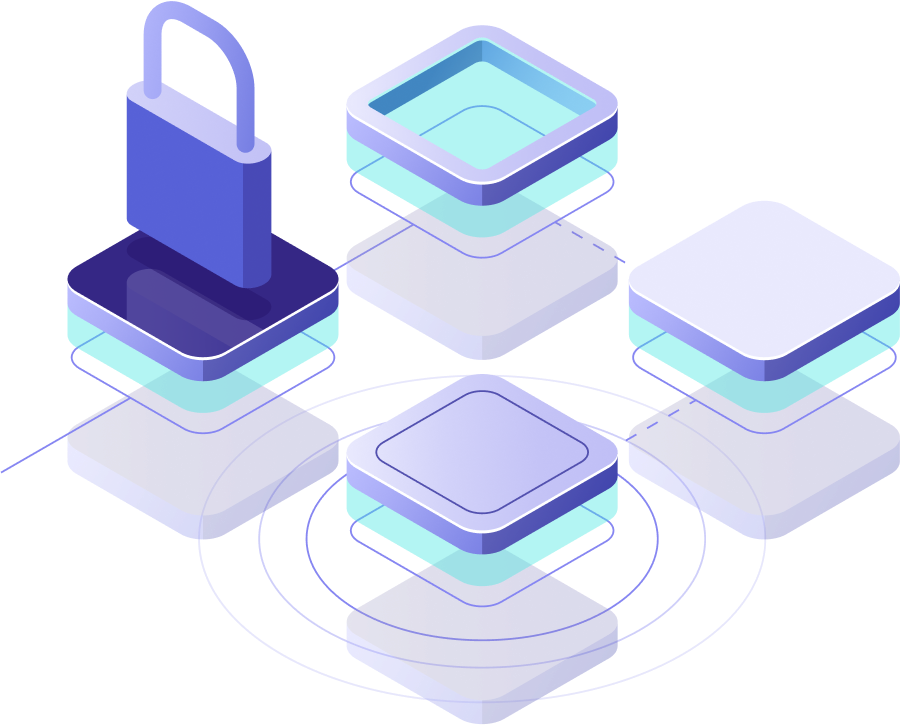
At DataImpulse, you can have
- 24/7 human support
- Intuitive dashboard to adjust settings any time you need
- One-second response time proxies
- Pay-as-you-go pricing model
